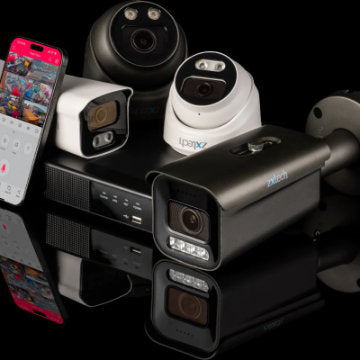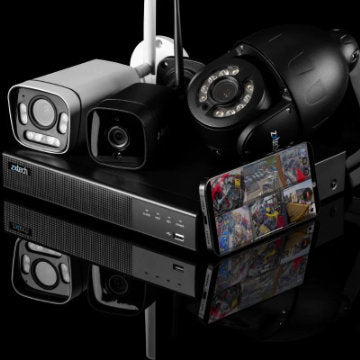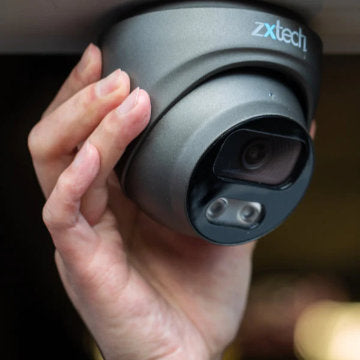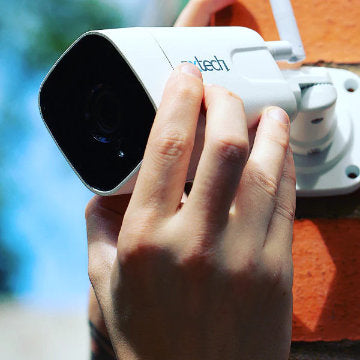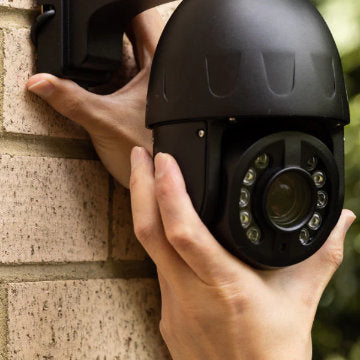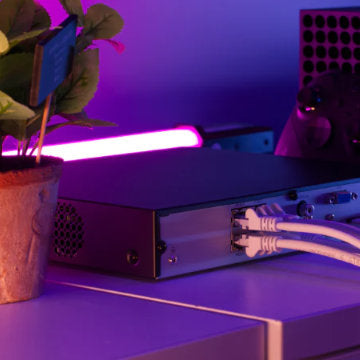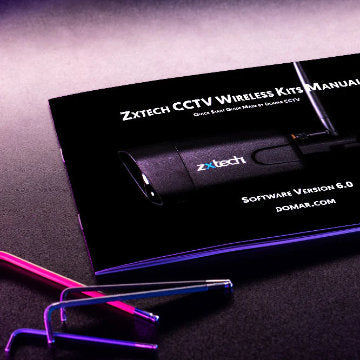What does CCTV stand for?
In the UK, the vast majority of CCTV are operated by private individuals and companies, especially to monitor the interiors of shops and businesses. The total number of local government operated CCTV was around 52,000 over the entirety of the UK, according to the Freedom of Information Act 2000 requests.
In 2002 UrbanEye published a study by Michael McCahill and Clive Norris extrapolated the number of CCTV in Greater London to be around half a million (500,000) and the total number of CCTV in the UK to be around 4,200,000. According to their study estimated there is one CCTV camera for every 14 people in the UK. For several years it has been acknowledged that the methodology behind this figure is flawed, it has been widely quoted.

In 2011 the number of private and local government operated CCTV in the UK was 1.85 million as per an article published in CCTV Image magazine .The estimate was based on extrapolating from a comprehensive survey of public and private CCTV within the Cheshire Constabulary jurisdiction. The Cheshire report claims that an average of one camera for every 32 people in the UK, whereas the density of cameras varies greatly from place to place. The report also claims that the average person on a typical day would be seen by 70 CCTV cameras.
Based on a survey and the Scottish Centre for Crime and Justice research all Scottish local authorities, identified that there are over 2,200 public space CCTV in Scotland. There were around 1.5 million private and local government CCTV estimated by The CCTV User Group including city centres, stations, airports, and major retail areas.
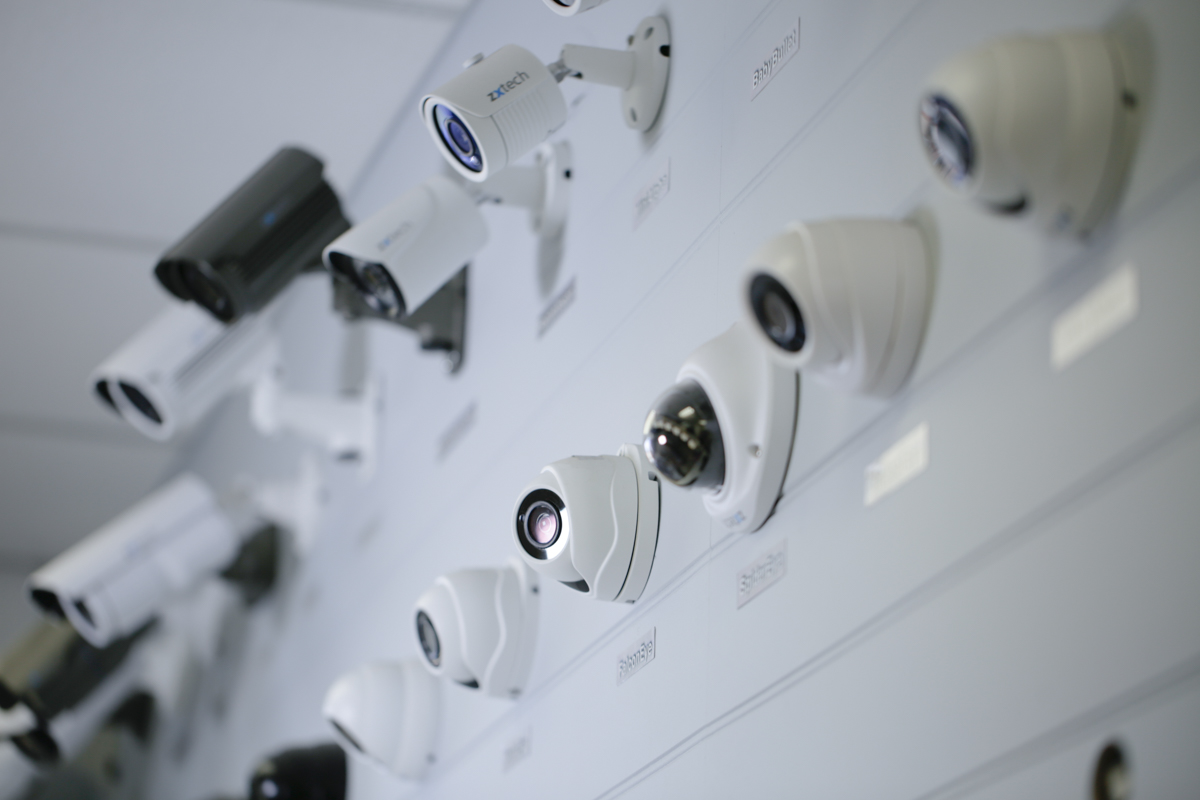
- What is CCTV?
- Who invented CCTV?
- When was CCTV invented?
- What does CCTV stand for?
- What is CCTV used for?
- What is the primary benefit of CCTV?
- How to install CCTV?
- How to set up CCTV?
- How much does CCTV cost?

What is CCTV?
CCTV (closed-circuit television) transmit signals which are not publicly distributed,only a small number of people being able to access it and primarily used for surveillance and security purposes. CCTV relies on strategic placement of cameras, and observation of the camera's input on monitors somewhere. Because CCTV cameras communicate with video recorder and/or monitor across private coaxial cable runs or wireless communication links, they gain the designation "closed-circuit" to indicate that access to their content is limited by design only to those able to see it.
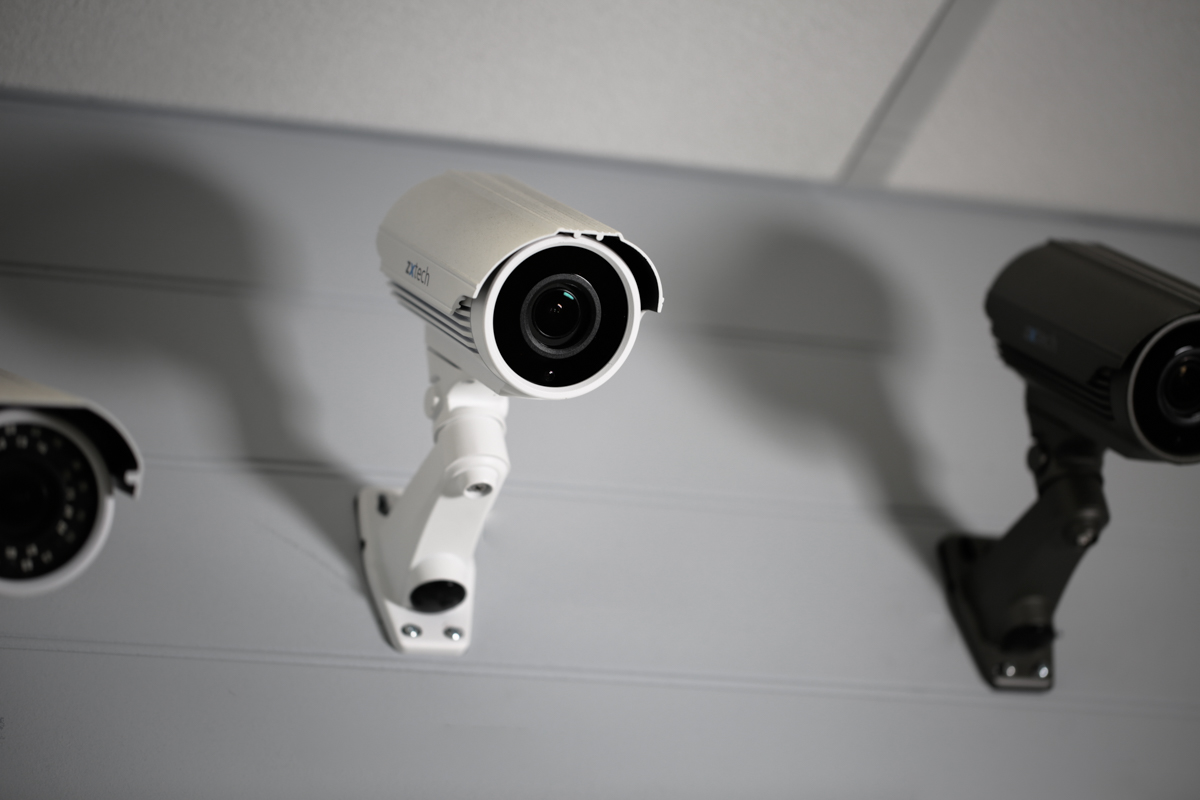
Who invented CCTV?
Walter Bruch invented the first CCTV during WW2 in Germany for observing the launch of V-2 rockets. In 1949, onwards the CCTV technology became a commercial product.
In United States, Marie Van Brittan Brown in 1962 furthers to build on Walter Bruch invention by adding a recorder to the CCTV, since the video footage from a CCTV could not be recorded. She was first to install CCTV system at their home.

When was CCTV invented?
In 1942 during WW2 german scientists wanted to be able to monitor V-2 rockets launch from a safe distance, hence designed the world’s first CCTV, which enabled them to monitor the rocket launch from a different location. At that time, this was a revelation as they could now, watch as if they were right next to them, but without the obvious danger.
However, this was not the modern day CCTV as there was no way to record a video. After 20 years later when Marie Van Brittan Brown in the USA utilised the technology and applied it to a security setting alongside a way of recording footage. This was the world’s first CCTV system and she and her husband installed the first one in their home. Thanks to both Walter Bruch and Marie Van Brittan Brown that many of our homes and businesses are protected against burglars by their invention.

What does CCTV stand for?
CCTV stands for Closed Circuit Television is the utilization of video cameras to transmit a signal to a specific place; the video is viewed or recorded, but not broadcast. This monitoring method is used for surveillance and security in businesses such as grocery stores, airports, financial institutions and even homes.
CCTV or Closed Circuit Television is important for all businesses small or big. From large corporate offices to local restaurants, Closed-circuit television is among the most most reliable means to ensure business security. Do to lack of knowledge, most business owners assume CCTV is expensive and complicated to use and they are only meant for businesses such as banks or supermarkets.

What is CCTV used for?
CCTV is primarily used for surveillance, security and monitoring purposes. For surveillance purposes, CCTV can be used to investigate or prevent crime. In terms of security and monitoring, CCTV can be used to monitor both public and property.
CCTV is commonly used in the modern world such as for law-enforcement, traffic monitoring (and automated ticketing) to monitor high-crime areas or neighborhoods. With increase in use of CCTV privacy concerns also fueled in many parts of the UK, particularly in those areas where it has become a routine part of police procedure. Common use of CCTV for a variety of purposes, including:
- Crime prevention
- Crime solving
- Body worn
- Traffic monitoring
- Increasing safety and security in public transport
- Sporting events
- Employee monitoring
- Use in schools
- Criminal use

1. The primary use of a closed-circuit television is warning and deterring burglars, thieves, and other criminals. Closed-circuit television is extremely helpful for small businesses and homeowners, especially in high crime areas because they are most targeted by thieves. Typically CCTV existence is sufficient to make an intruder reconsider his/her ill motives.
2. Closed-circuit television also use to keep track of elders, children or pets. A well set-up CCTV will allow you to check if children arrive home safely, elders fall down, or pets eat food on time.
3. CCTV is an effective way to monitor employees, studies show that employee monitoring prevents unwanted employee behavior and increases work efficiency and productivity.
4. CCTV will provide business owners with peace of mind. Whether it’s a cash register, or employee parking area, a good set-up CCTV gives you the capability to monitor, protect, and gather evidence, in case something does go awry.

What is the primary benefit of CCTV?
The primary benefit is that CCTV acts as a crime deterrent, criminals who see the CCTV may be dissuaded from following through with their planned criminal activities for fear of being caught. This leads to another benefit of CCTV increase safety for you home or business, employees and customers safety also achieved with the help of CCTV.
CCTV can provide the evidence needed to catch and convict the criminal in case if a crime does occur. This can be especially useful if there are no witnesses to a crime or if witnesses are unreliable sources since a CCTV records what actually happens. Another benefit of CCTV is that it allows you to monitor your home or business from anywhere in the world through your smartphone or via the internet.

How much does CCTV cost?
How much does CCTV cost? Most commonly asked question by people who are considering to install CCTV at home. However, to answer this question it is important to find out more about the requirement to recommend the right CCTV system. That sounds like avoiding the answer, but it’s not the case. The most important thing to remember is that the cost will vary depending on several factors:- How many CCTV cameras do you want or need?
- Do you require any special features like people counting or vehicle number plate recognition?
- Do you want a wireless CCTV setup or a wired CCTV?
- Are you able to install it yourself or would you rather hire specialist to install?
- Are you willing to invest in high-quality CCTV cameras, or do you want to go for basic ones?

